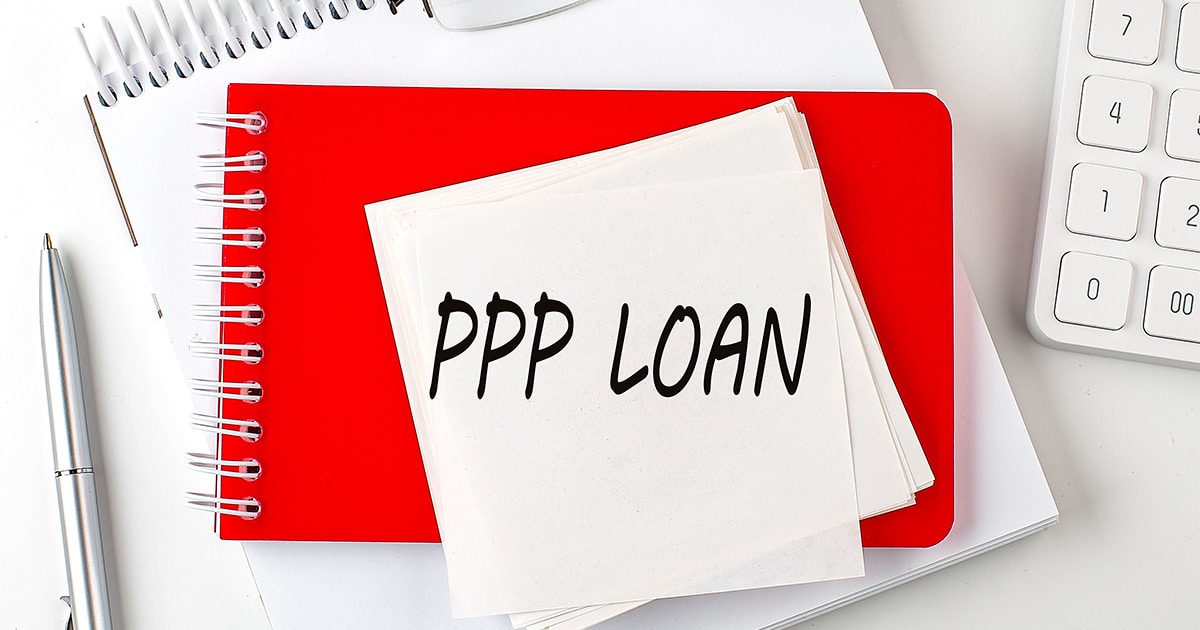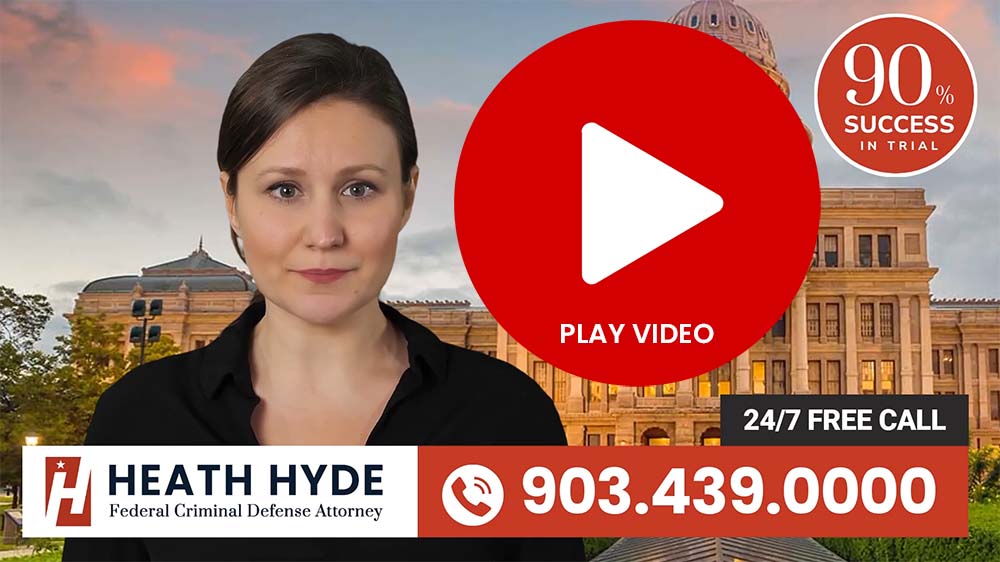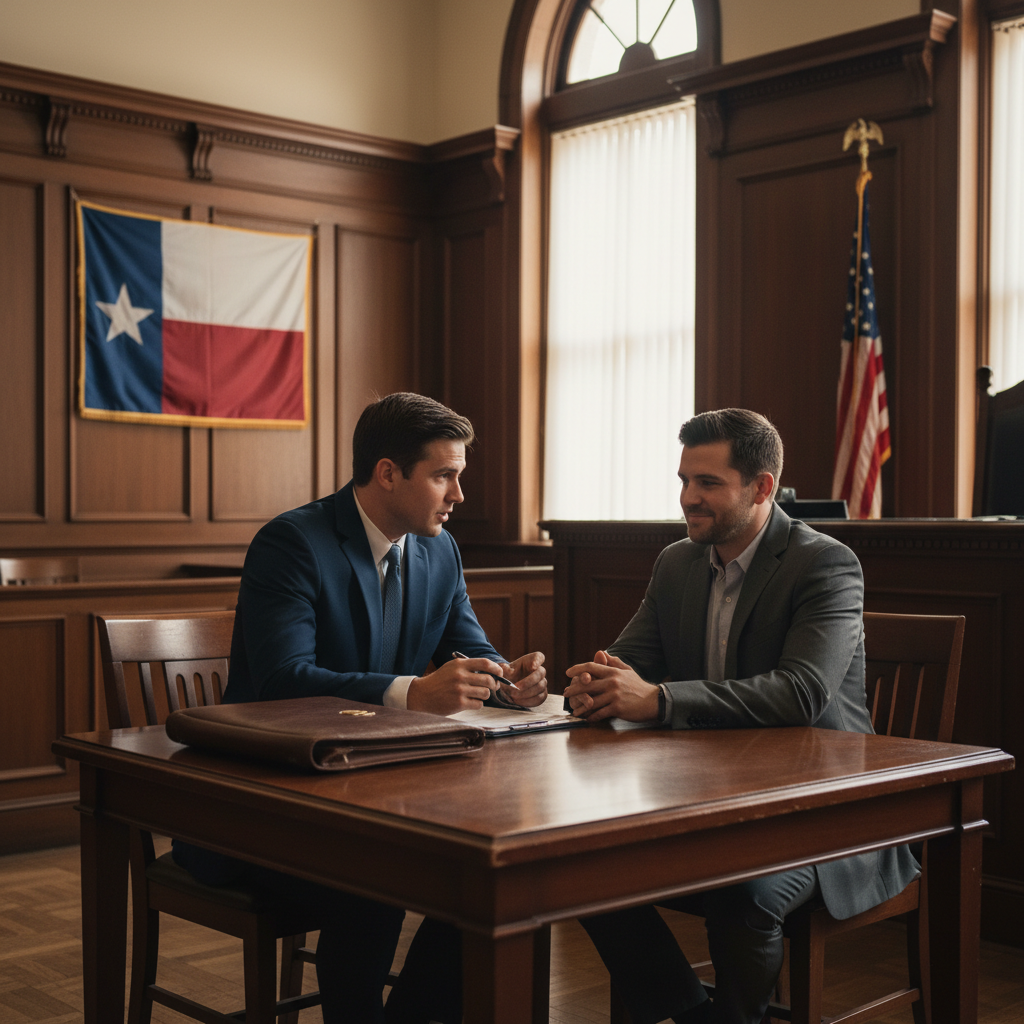PPP lenders should remain diligent and continue to document their practices when receiving and approving PPP loans and disbursing PPP funds in an effort to minimize potential liability.
Background
To address the economic impact of the COVID-19 crisis, Congress has allocated nearly $660 billion to the U.S. Small Business Administration (“SBA”) in forgivable loans to eligible small businesses, non-profits, and certain tribal entities. This emergency aid was distributed in two tranches. On March 27, 2020, with the passage of the Coronavirus Aid, Relief and Economic Security Act (“CARES Act”), $349 billion was allocated to the SBA to administer the loans, with the support of the U.S. Department of the Treasury, through the newly created Paycheck Protection Program (“PPP”). These earmarked funds, however, were in high demand from small businesses and were depleted within a matter of days. In response, the Paycheck Protection Program and Health Care Enhancement Act (“PPP Enhancement Act”) was signed into law on April 24, 2020, adding another $310 billion in appropriations to the PPP.
The SBA resumed accepting PPP loan applications on April 27, 2020. Eligible small businesses can apply and receive loans through any existing SBA lender or through any federally insured depository institution, federally insured credit union, or Farm Credit System institution participating in the PPP.[1]
While members of Congress have publicly stated that the role of participating lenders is to simply “facilitate” the PPP,[2] the reality is that, absent government intervention, participating PPP lenders could face heightened regulatory scrutiny as a result of their involvement in the PPP. Indeed, several class actions have already been filed against participating PPP lenders regarding loan processing under the PPP. Although liability exposure of participating PPP lenders remains uncertain, the SBA has taken steps to minimize the risk of liability for lenders under the False Claims Act (“FCA”) and the Financial Institutions Reform, Recovery and Enforcement Act of 1989 (“FIRREA”) based on alleged false statements by borrowers.
The PPP Exposes Lenders to Heightened Regulatory Scrutiny
While the PPP affords much-needed relief to struggling businesses, the program exposes participating lenders to heightened regulatory scrutiny for three reasons.
First, the PPP was rolled out in a fast-paced fashion, as there is an extraordinary time pressure to get money to small businesses to avoid or at least mitigate economic consequences in the wake of COVID-19. Just five days after the passage of the CARES Act, banks began accepting PPP loan applications. A week later, on April 12, 2020, $205 billion of the $349 billion appropriated for the PPP had already been claimed.[3] Following the depletion of this initial appropriation, another $310 billion was added to the PPP. Notwithstanding the high demand for PPP loans, lenders are expected to swiftly respond to borrowers’ needs.
The PPP requires lenders to make an initial disbursement to borrowers within ten (10) days of approving the borrower’s application. Additionally, as guidance for lenders under the PPP continues to evolve, there is a serious risk that lenders may make mistakes while trying to satisfy the overwhelming demand for PPP loans under the tight deadlines. Indeed, PPP lenders are still required to maintain an effective compliance program and ensure that the rigorous Bank Secrecy Act (“BSA”) requirements are being followed (or comparable anti-money laundering procedures if the BSA does not apply).
Second, whenever significant amounts of federal funds are involved, heightened government scrutiny of the use of such funds and an increase in enforcement actions can be expected. By way of example, following the 2008 financial crisis, there was a barrage of government investigations and litigation against mortgage and lending programs. Such efforts were primarily driven by the creation of an interagency task force—the Financial Fraud Enforcement Task Force—whose responsibilities were focused on investigating and prosecuting financial crimes, including bank, mortgage, and lending fraud.[4]
The government’s focus on mortgage and lending programs also led to the expansion of civil enforcement penalties under the FCA and FIRREA. In fact, since the collapse of the housing market, banks and PPP lenders have been required to pay billions of dollars to resolve allegations of wrongful conduct in connection with underwriting and certifying loans related to federal programs.
Third, the CARES Act itself as well as recent U.S. Department of Justice (“DOJ”) and various agency announcements signal that the trend of increased scrutiny and enforcement will follow here. Specifically, the CARES Act created three new oversight committees with the mission of policing these federal funds. One of the three oversight committees, the Special Inspector General for Pandemic Recovery (“SIGPR”), is authorized to conduct and supervise audits and investigations of the making of loans and loan guarantees under any program established under the CARES Act. Significantly, SIGPR emulates the Special Inspector General for the Troubled Asset Relief Program (“SIGTARP”), which was created in response to the 2008 recession and established within the Treasury to root out fraud in financial institutions.
Further, on April 23, members of Congress reportedly sent letters to the inspectors general of the SBA and the Treasury Department demanding that they investigate the implementation of the PPP;[5] Accordingly, PPP lenders face potential investigations by the SBA and the Treasury Department, in addition to the DOJ, if their practices do not comply with the law. Indeed, the DOJ has already announced on multiple occasions that it will prioritize its efforts and resources on rooting out COVID-19-related fraud schemes and directed U.S. Attorneys to do the same.[6]
SBA Rule Seeks To Minimize FCA and Firrea Liability for PPP Lenders Based on Alleged False Statements by Borrowers
There is no doubt that PPP lenders could face enormous potential liability under the FCA and FIRREA as they attempt to comply with standard underwriting requirements, program regulations, and SBA guidance, while also trying to navigate the evolving and increasing demands of the PPP. Recognizing the risks faced by lenders to quickly disburse funds to cash-starved businesses, the current administration has taken steps to minimize PPP lender liability to encourage lenders to participate in the PPP.
Specifically, the SBA, in conjunction and coordination with the DOJ and the Treasury, issued a new Interim Final Rule (“IFR”) on April 2, 2020, clarifying, among other things, liability for lenders under the PPP in two respects.[7]
- Authorization to Rely on Borrower Certifications. The IFR permits lenders “to rely on certifications of the borrower in order to determine eligibility of the borrower and use of loan proceeds and to rely on specified documents provided by the borrower to determine qualifying loan amount and eligibility for loan forgiveness.” In other words, a “lender does not need to conduct any verification if the borrower submits documentation supporting its request for loan forgiveness and attests that it has accurately verified the payments for eligible costs[.]” Accordingly, the lender application form requires a narrow certification, for example, that (i) the lender received the borrower attestations; (ii) the lender received information from the borrower about its employees and eligibility; (iii) the lender confirmed the dollar amount of average payroll costs by reviewing (but not having to verify) borrower’s submitted documents; (iv) the lender obtained, reviewed and will maintain the borrower’s application; and (v) the undersigned official does not have a financial interest in the borrower.[8]
- No Liability for Relying on Borrower Certifications. The IFR also makes clear that the SBA “will hold harmless any lender that relies on such borrower documents and attestation from a borrower.” While lenders must continue to “comply with the applicable lender obligations set forth in [the IFR, they] will be held harmless for borrowers’ failure to comply with the program criteria.”
On April 23, 2020, immediately following the passage of the PPP Enhancement Act, the SBA updated its Frequently Asked Questions (“FAQs”) by adding FAQ No. 31 and reiterating its position in its response that “[l]enders may rely on a borrower’s certification regarding the necessity of the loan request.” [9]
These protections may prove to be significant as PPP loans are scrutinized by government enforcement authorities. On April 28, 2020, the SBA and the Treasury Department announced that “[t]o ensure PPP loans are limited to eligible borrowers,” the SBA “will review all loans in excess of $2 million, in addition to other loans as appropriate, following the PPP lender’s submission of the borrower’s loan forgiveness application.”[10] Treasury Secretary Mnuchin stated on CNBC on April 28, 2020 that the administration’s focus will be on the borrowers who made certifications to get the loans rather than the banks, noting that “the banks were not required to do the diligence.”[11]
Key Takeaways
The new IFR and guidance issued by the SBA seek to provide some degree of comfort to PPP lenders. Allowing lenders to quickly process loans according to government regulations by relying upon borrower certifications minimizes the risk that PPP lenders may face FCA or FIRREA investigations or enforcement actions if the borrower certification is subsequently deemed false.
Indeed, on its face, the new IFR and guidance would make it difficult for the government to prove the elements of materiality, falsity, or knowledge—which are required to assert an FCA claim—where the alleged fraud is based on the borrower’s certification. Similarly, lenders are likely to avoid liability under FIRREA premised on a false borrower certification as the new IFR affirmatively excuses lenders from independently verifying a borrower’s certification.
PPP lenders, however, should not perceive this rule as a blanket defense to any potential liability as a result of their participation in the PPP. As a threshold matter, this new IFR has not yet undergone the formal 30-day notice-and-comment-period, and there is a chance, albeit a small one, that this rule may change. Lenders should thus monitor announcements, updates, and applicable regulatory guidance pertaining to their obligations under the PPP. Moreover, lenders are still required to engage in substantive underwriting practices, comply with other program requirements, and continue to maintain an effective compliance program to ensure that other regulatory requirements—such as the BSA—are met.
This new IFR rule does not change or otherwise excuse lenders from complying with existing regulatory obligations. Accordingly, PPP lenders should remain diligent and continue to document their practices when receiving and approving PPP loans and disbursing PPP funds in an effort to minimize potential liability.
Heath Hyde Can Assist PPP Lenders
Heath Hyde is here to help our clients effectively decrease risk to the greatest extent feasible on PPP Loan Fraud Investigation. Our attorneys and former federal agents at Heath Hyde are well-versed in federal auditing, and investigating processes. We can utilize our experience to help PPP lenders, you, and your company. We invite you to contact us for a free and confidential evaluation of your legal needs. Call 903.439.0000






